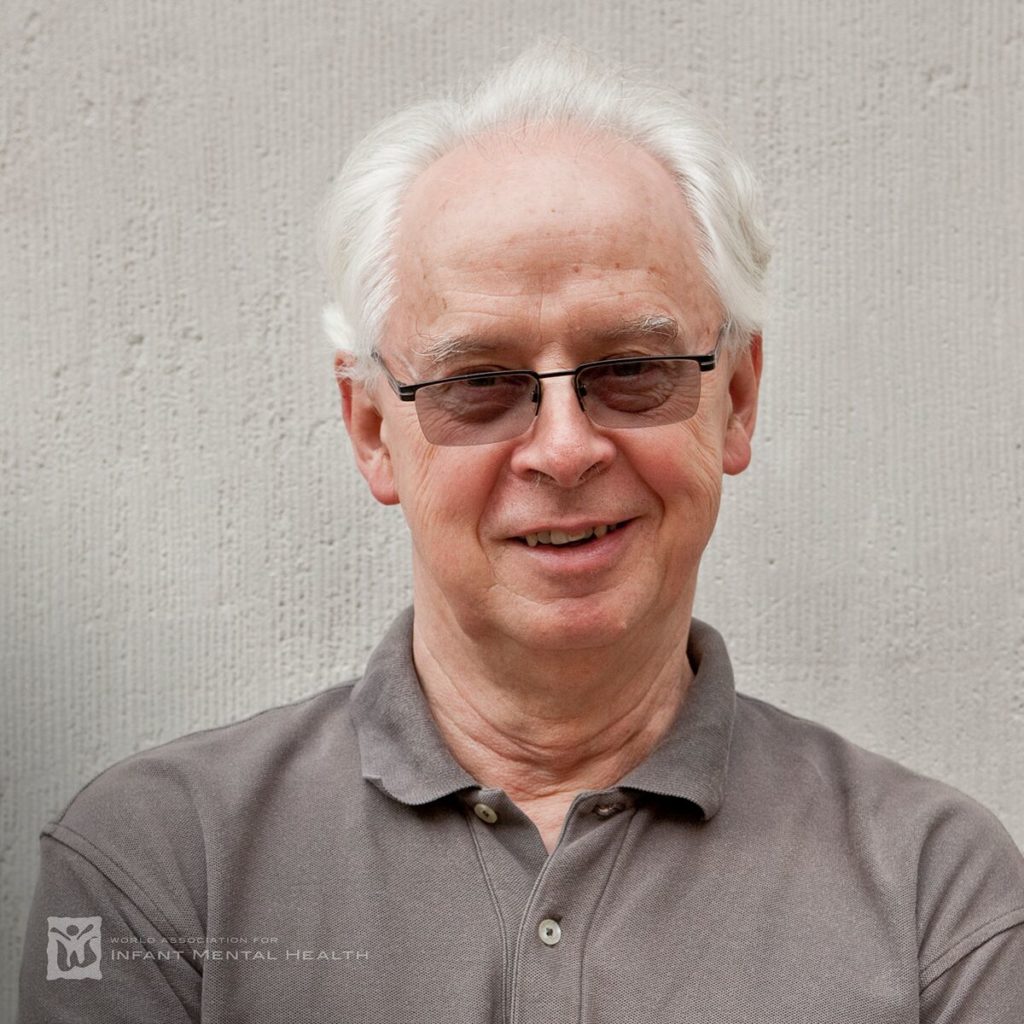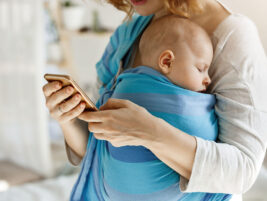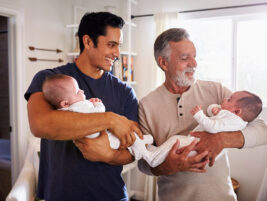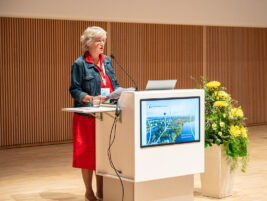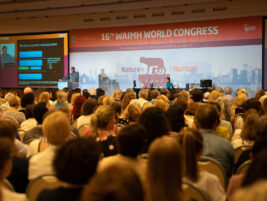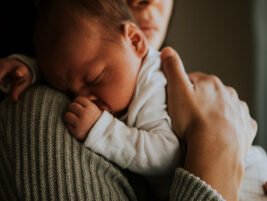Campbell Paul, President-Elect of the WAIMH Board of Directors, is a consultant infant psychiatrist at the Royal Children’s Hospital and the Royal Women’s Hospital in Melbourne, Australia. At the invitation of the offices of Perspectives in Infant Mental Health, Campbell shares some of his interests in and entry into the field of infant mental health and acknowledges the importance of WAIMH in bringing together so many enthusiastic, talented clinicians and researchers, each committed to the welfare of infants and their parents. In his own words:
It’s always said that infant mental health conferences are ones where there is remarkable collegiality and mutual support. I guess, when you consider who are our founders and mentors, that’s not surprising. Maree Foley in an earlier edition of Perspectives referred to the inimitable and inspirational Dan Stern who taught us so much about babies’ capacities, passions and their relationships.
Watching the way that a sick or premature baby can hold on to the hand of her father who is struggling with unexpected trauma and grief in the hospital context, inspires me in my day to day activities.
The early years of my professional career were in psychiatry in Edinburgh, and then in child and adolescent psychiatry back here in Melbourne, Australia. My interest in psychiatry was intertwined with paediatrics, working with children, at my alma mater, the Royal Children’s Hospital Melbourne. The Children’s has a long history of close collaboration between mental health and paediatrics and child health. Indeed, one of my key mentors, Dr. Ann Morgan, trained as a paediatrician in the UK, Ireland and the US, and then joined the Psychiatry Department at the Children’s Hospital where she personified the importance of seeing babies as persons in their own right, with their own problems which require a personal therapeutic response. This perspective, the baby as the subject of our intervention within the context of the family, has been the essence of the fabric of my work since working with Dr. Morgan. As with many Australians, out of desire and necessity, I’ve been privileged to visit many centres of excellence in infant mental health around the world. I was really inspired early on by being able to work with Lynne Murray and her team at the Winnicott Centre in Cambridge, with Dilys Daws and Juliet Hopkins in London, with Serge Lebovici and Antoine Guedeney in Paris and with Mary Sue Moore and Janet Dean in Boulder Colorado, along with so many other colleagues after that. What a wonderful beginning to a career with infants.
My clinical and research focus has been very much the engagement of very sick infants and their families, working alongside nurses, doctors and other health professionals within and outside the walls of the hospital. I’m always amazed at the capacity of very sick babies to reach out to their parents and for troubled parents to respond to their ill babies, when supported to do so. I believe we need to continue to develop our understanding of effective infant-parent psychotherapy; to explore the inner world of the stressed baby and the stressed baby-parent relationship, and share this with them. I say” with them” because I believe the baby has a crucial role to play in this. We’ve also been able to set up some programs to support mental health clinicians caring for parents with severe mental illness who have a baby. Those working in perinatal and in infant mental health certainly do need to work closely together.
The Infant Mental Health group of which I am a part at the Children’s Hospital is an interdisciplinary group providing an infant mental health clinical response within a busy and complex paediatric hospital, undertaking a number of research projects, especially with sick infants and their families and also engaged in postgraduate university training. Brigid Jordan, a former WAIMH board member, has undertaken and fostered much research within the paediatric and infant mental health context. Megan Chapman, clinical child psychologist, is researching the impact on parental reflective capacity of having a sick baby and how we may enable parents to keep the mind of their baby in mind, even in the context of intense medical trauma.
Inspired by Prof Kevin Nugent in Boston, Dr Susan Nicolson and I now have at the Royal Women’s Hospital the Australian Training Centre for the Newborn Behavioural Observation (NBO). Prof Louise Newman, who was a plenary speaker at our Prague Congress, leads a team of clinical researchers at the Women’s Hospital.
My first WAIMH Congress was in Lugano in 1990. Since then I’ve been to each WAIMH Congress, including of course the one held in Melbourne in 2000. At each, I have been re-inspired and reinvigorated by the enthusiastic generosity of so many infant mental health researchers and clinicians: WAIMH and the congresses provide such a creative and nutritive melting pot of people and ideas which sustains us in our work. There are huge challenges ahead for us and for the infants and families with whom we work. For example it is difficult to conceptualise the terror, the trauma,and the dehumanisation which thousands and thousands of infants and families experience as refugees in the Middle East and other parts of the world. How can we adapt the fine-tuned and sophisticated methodologies of infant-parent psychotherapy to support babies and parents in the middle of unimaginable despair? But, I know from the work of Miri Keren, Alicia Lieberman Charley Zeanah and so many others that there are ways of reaching and restoring hope for many really troubled infants and their families.
I look forward to seeing you all in Rome in May 2018 for another wonderful WAIMH Congress where we will try to address some of the huge problems confronting the world of infants and families whether on a small or large scale.
Authors
Campbell Paul
President-Elect of the WAIMH Board of Directors


